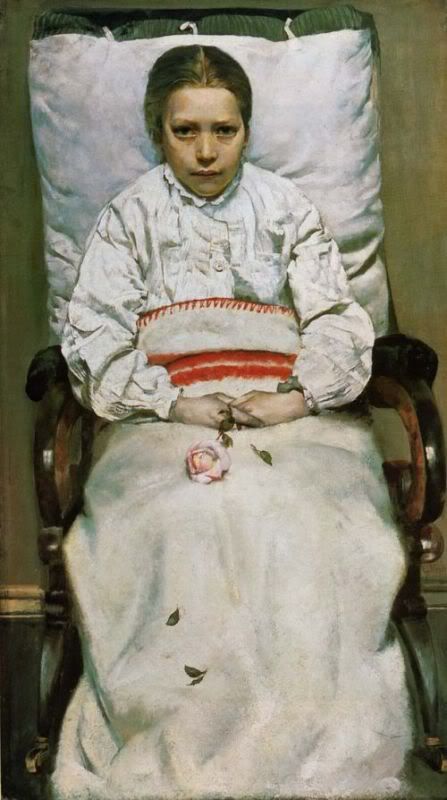An amazing serendipity:
An extract from my real-time review of the 'UNBECOMING' collection HERE in March 2009; the bold is placed on the old text today in March 2012.
(18/3/09 – 4 hours later) Rare Promise - Mike O'Driscoll
Indeed this story holds a rare promise that, even if one tries to surrender its words, they will keep coming back. It is a deeply word-textured Lawrencian symphony of non-urban emotions revealing a bottomless melting-pot of adolescent friendships altered by sex and jealousy, raw or religious guilt and shame, dark almost mythic memories of the “susurrations that slip between sounds”, self versus self through time, the secrecy of imperious fate … and this story does not surrender you the reader not only as a fiction-force-in-itself but because of what has gone before it in this book. In this story, a Confessional that is almost an answering-machine where the demon answerer eventually jumps out at the caller when the ‘conversation’ is abruptly slammed down! The sanctity of silence. The almost Modern Art that this story becomes as a series of blended cuttings of self ‘copy’. The losing of innocence by paradoxically gaining it. Becoming and Unbecoming.
I cannot of course do justice to something I fail to absorb completely in one sitting. It may one day teach me to understand when I’m dragged back to it. It will never surrender me finally to the ‘call’ of other books, I’m sure. But – who knows? – it may be the passion of a moment. Only time will tell. The story’s author may jump out of it and drag me back. Not its real head-lease author named on the spine but the story’s demon second-rung author-as-reader calling me to read it all over again so that I can make final penance for not hurting enough the first time. Hurt is only real hurt when it happens time and time again for eternity.
--------------------------------------------
Extract from my real-time review of 'Wild Justice' edited by Ellen Datlow HERE (March 2012):
Rare Promise – M. M. O’Driscoll
“…sketching in the blanks…” — “His turn to enter the box…” — “Truth hides in a secret place…” — “…but there’s no escape in imagination.” — “engine-foaming sea…”
[This is the only story in 'Wild Justice' that I have read before. Above is my quite lengthy real-time review of this story in March 2009 when I reviewed the whole of Mike O'Driscoll's collection 'Unbecoming' (2006). Mike also has
a story in 'Nemonymous One' (2001): arguably about Stephen King's 'accident'. And he has a story in 'The Horror Anthology of Horror Anthologies' (2011), a story that actually mentions the editor of 'Wild Justice' by name, which I real-time review
here.]
My old review of this story above still stands. But I have just re-read ‘Rare Promise’: as well as being a poetic tale of awakening youthful passion and its stifling of earlier memories as yet beyond regression, it echoes the hearing of voices from the previous story. Hearing voices, seeing “
voids” or vacuums, ancient leaf-carpeted woodland beds, I infer: a “
consecrated ground” where you can’t bury suicides: where memories still fester… It is the coming and going of young Greta, cf: Ings’ Alice. It does indeed sketch in Michael Marshall Smith’s ’blanks’, and other stories’ burials (figurative or literal): another Clegg “
flower woman” here close to confessional, the wild justice or catharsis needed for past memories or “
a long-forgotten fear”, essentially ‘unforgotten’: the lies of ‘dark spaces’, ‘tight spaces’, the lie of the Cadigan Eye again where you try to hide lies by aphasia or by Oatesian diaspora especially if those lies once started as stated promises: “
undermines his few remaining certainties” – a ‘mine’ (belonging to me), for me, as I mentioned in another real-time review recently, being a form of burial of self: and, meanwhile, this story is this book’s lethally ”
epiphanic moment”.


